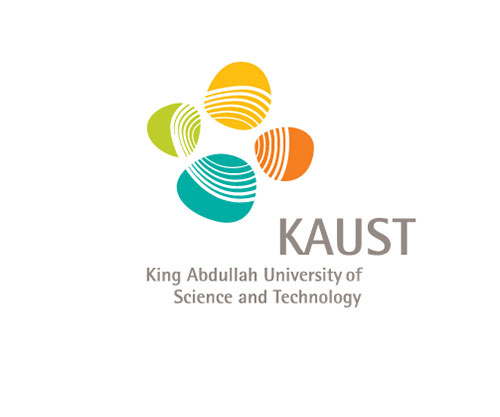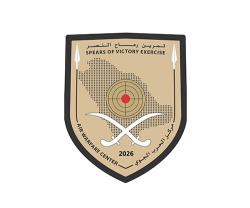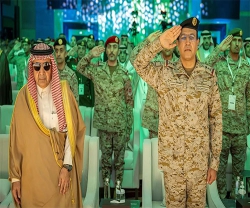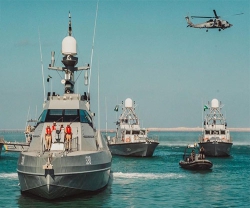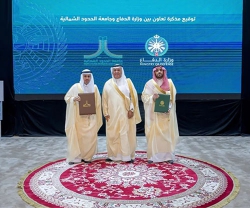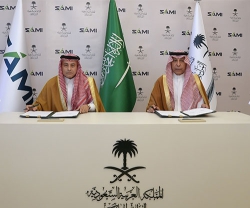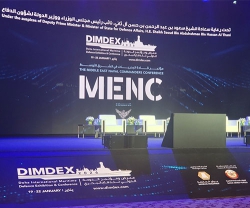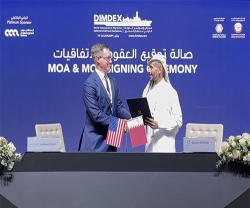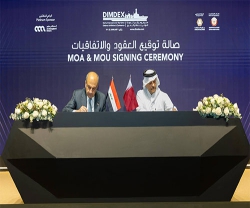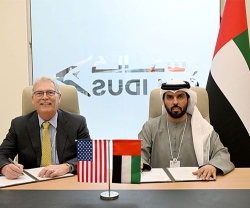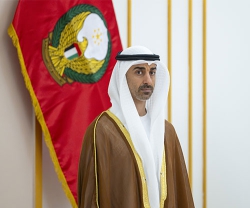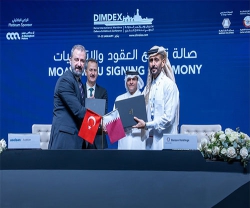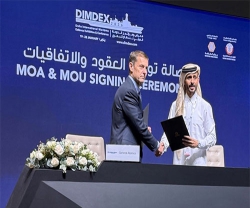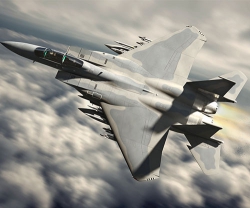Rolls-Royce is to supply twelve mtu Kinetic PowerPacks to King Abdullah University for Science and Technology (KAUST) in Saudi Arabia this summer.
Equipped with dynamically rotating kinetic energy accumulators, the systems will be used to provide the university’s supercomputing facility and data center with clean, conditioned, uninterruptible power supplies, acting as the energy backbone.
“We are delighted that such a renowned university as King Abdullah University for Science and Technology in Saudi Arabia has chosen us as a partner placing their confidence in our solutions, our expertise and our many years of experience. The choice underlines our recently expanded expertise in the field of dynamic uninterruptible power supplies and is a major success,” explained Andreas Schell, CEO of Rolls-Royce Power Systems.
“We’ve been in discussions with the customer since 2016. We were able to fulfil all of the customer's wishes and requirements and thus put together a complete solution, that includes a substantial local content" adds Bernard Hanssens, Managing Director of the subsidiary in Dubai,” he added.
Each mtu Kinetic PowerPack type KP5 has a power output of 1.6 megawatts, operates in medium voltage at 13.8kV, 60Hz, and is powered by an mtu diesel engine type 16V 4000 G74S. These uninterruptible power supply systems are produced in Liège (Belgium), are then fitted into custom-made enclosures in the United Arab Emirates, and finally installed on site in Saudi Arabia. The systems are designed for humid ambient conditions and temperatures of up to 50 degrees Celsius. The scope of supply also includes medium-voltage switchgear and transformers as well as two control stations.
The Rolls-Royce Power Systems team in the Middle East is expected to commission the turnkey plant at the end of 2021 and will be on hand to provide operational support for a further year, and remain available for long term service support throughout the life time of the installation. mtu Kinetic PowerPacks will be installed in two groups of 6 systems each, with one available as a back-up in each group. In the event of a power outage, the constantly rotating, heavy kinetic energy accumulator will drive the generator and bridge the few seconds until the diesel engine, which has started in the meantime, takes over.
KAUST is a renowned high-tech seat of learning, equipped with state-of-the-art facilities and one of the world's best supercomputing installations. The previous supercomputer “Shaheen 2” is currently being replaced by the latest and most powerful supercomputing facility which will be used in research and development work to produce scientific findings.
Established in 2009, KAUST is a catalyst for innovation, economic development and social prosperity in Saudi Arabia and the world. The University currently educates and trains master’s and doctoral students, supported by an academic community of faculty members, postdoctoral fellows and research scientists.
Dynamic uninterruptible power supply systems have been part of the Rolls-Royce portfolio since the acquisition of Kinolt SA in July 2020. The company has already supplied several similar systems to the region, including Jeddah, Riyadh and Jubail in Saudi Arabia, as well as the United Arab Emirates, Oman and Qatar.
Rolls-Royce (RR) pioneers the power that matters to connect, power and protect society. RR pledged to achieve net zero greenhouse gas emissions in its operations by 2030 (excluding product testing) and joined the UN Race to Zero campaign in 2020, affirming its ambition to play a fundamental role in enabling the sectors in which it operates achieve net zero carbon by 2050.
Rolls-Royce Power Systems is headquartered in Friedrichshafen in southern Germany and employs around 9,000 people. The product portfolio includes mtu-brand high-speed engines and propulsion systems for ships, power generation, heavy land, rail and defense vehicles and for the oil and gas industry as well as diesel and gas systems and battery containers for mission critical, standby and continuous power, combined generation of heat and power, and microgrids.
Rolls-Royce has customers in more than 150 countries, comprising more than 400 airlines and leasing customers, 160 armed forces and navies, and more than 5,000 power and nuclear customers. In 2020, annual underlying revenue was £11.76 billion and investment in Research & Development reached £1.25 billion.

